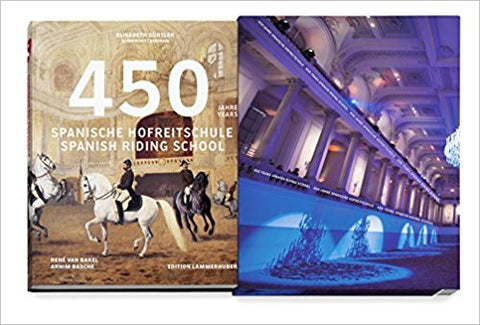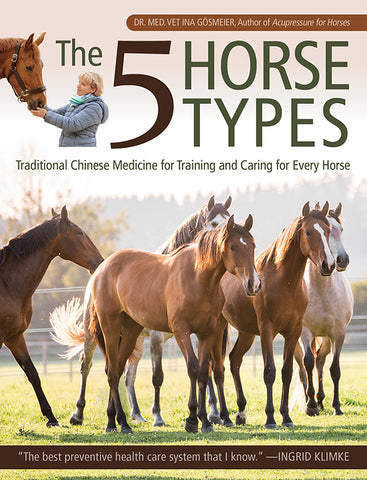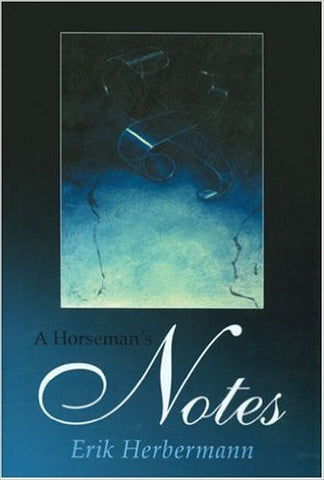
The Horse's Respiratory System Runtime 5 hours 30 minutes
Become a “go-to” expert with this artful and in-depth educational program ideal for riders, caregivers, barn managers, veterinary assistants, and colleges with equine programs. Topics are organized in sections about one-hour in length (almost six hours in total)…How fun would it be to have education nights at your equestrian center or at home with your friends and family. Even a non-rider will find the program entertaining and learn more about the horses you love!
For those viewers interested in a certificate of completion, Advanced Equine Studies offers testing for each of the horse’s bodily systems. Get your certificate by clicking the TESTING link on The Horse’s Respiratory System page of the website.
Advanced Equine Studies is DVD programming created to bring artful and in-depth learning experiences to equestrians worldwide. The Horse’s Respiratory System is a six-hour three-disc DVD program. This is the first release in this series of DVDs that will explore all the bodily systems of the horse as well as other educational topics to give horse owners the knowledge to ride and care for their horses with increased confidence.
This innovative forum for learning features equine-industry professionals presenting a comprehensive study on each topic. The Horse’s Respiratory System program begins at the Cummings School of Veterinary Medicine at Tufts University in North Grafton, Massachusetts, where Dr. Melissa Mazan, Director of the Equine Sports Medicine Program and a leading veterinary authority on equine respiratory health, takes us into the hospital’s lung function laboratory to see how respiratory disease is diagnosed and treated. Testing includes a standing endoscopy, treadmill endoscopy, forced oscillatory mechanics, and a bronchoalveolar lavage (BAL), a test that uses a fiber optic scope to reach the farthest aspects of the horse’s lung (seen on screen) to retrieve cell samples for analysis and diagnosis. The BAL analysis allows treatment to be tailored to the specific needs of each individual horse.
An engaging speaker, Dr. Mazan continues this learning experience in the classroom with lectures on respiratory anatomy, lung function, and common infectious and non-infectious diseases of the respiratory system. She notes that most stabled horses have some degree of airway inflammation without any clinical sign of disease. Managing the horse’s environment can stop inflammation from reaching the point where it adversely affects performance in the saddle.
The program also features John Blackburn, senior principal of Blackburn Architects, P.C. based in Washington, D.C., a leader in the design of premier equestrian facilities throughout North America. To promote respiratory health for both horse and rider, Blackburn utilizes aerodynamic ventilation, strategic natural light, and passive solar heating and cooling in his stable and arena designs. While touring one of his equestrian facilities, we learn how many of his design elements can be incorporated in our own barns and existing structures to keep horse’s respiratory tract healthy.
Canadian equine nutrition expert and author Karen Briggs joins the Advanced Equine Studies team to discuss feeding for respiratory health and specific practices for feeding horses with existing respiratory conditions.
Abigail Nemec, Director of Equine Studies at Post University in Waterbury, Connecticut, presents informative “Horse Chat” segments in which she demonstrates how to measure the horse’s respiration rate and discusses topics related to respiration, such as the horse’s sense of smell, the cough reflex, and breath holding.
The production team took the time to craft a well-organized and easy-to-follow program that is hosted by Connecticut equestrian Maureen VanDerStad. By asking insightful questions VanDerStad ensures that each topic is accessible to the entire viewing audience.



